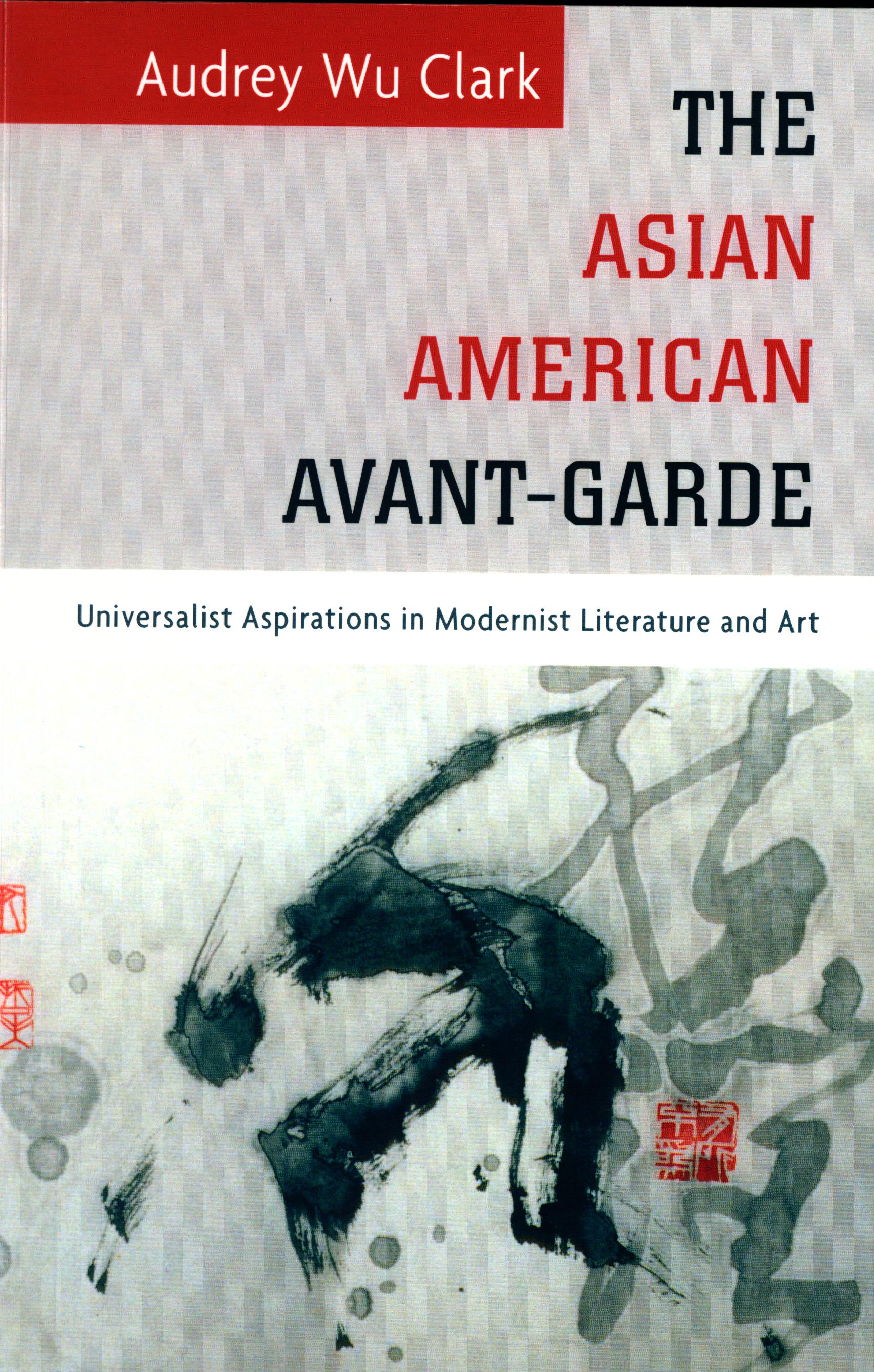
Asian American Avant-Garde:
Universalist Aspirations in Modernist Literature and Art
by Audrey Wu Clark
PS153.A84 C56 2015
New Arrivals, 2nd floor
Audrey Wu Clark’s book is the latest addition to the Asian American History and Culture series by Temple University. It focuses on the literary and artistic works of Chinese, Filipino, Japanese, and Korean authors living in the United States from 1882 to the end of World War II, an era in which discrimination against Asians and Asian Americans was pervasive. It examines these authors’ work as counter to Euro-American modernists, and explores the ways in which they responded to their racialization and to the prevalent Orientalism of that period. During the Exclusion Era and before the panethnic idea of the “Asian American” came into existence the debate between racial particularity and liberal universalism was becoming more prominent. The authors discussed here show diverse, persuasive visions of universal socialism and gender equality, and Clark demonstrates the ways in which their experimentation demonstrates the historical, sociological, and political qualities of early Asian American literature so as to imagine a future democratic utopia.
Use this link to read Deborah Kalb’s interview with Audrey Wu Clark.
